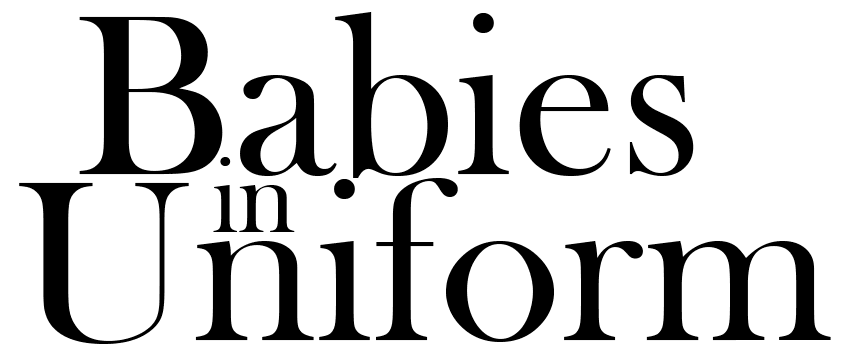Skills and traits the accountancy profession needs most

Using the organization’s digital tools can help move projects along and keep them organized. For example, if working within a team setting, use a shared spreadsheet with colleagues to track each person’s responsibilities for month-end close or whatever project the team has prioritized. For sole practitioners, diligently using a calendar can help with keeping on task and meeting deadlines. In this article, we discuss nine of the most in-demand accounting skills—from basic to advanced.

This is an exciting time to take on this dynamic career, a career that can start with a degree from Franklin University’s accredited Accounting bachelor’s degree program. Franklin’s program is focused on teaching not just the basics of accounting but all of the hard and soft skills you’ll need to speak the language of business. In fact, in a recent survey reported by the Society for Human Resource Management, 97% of employers stated soft skills were either as important or more important than hard skills. Whether a professional is looking for a new job or seeking a promotion, focusing on and developing soft skills can help employees be more well-rounded and employable professionals. Accountants today are expected to combine subject expertise, business knowledge, and technical expertise to determine where and how to best implement technology. As the finance domain gets digitalized, leaders need accountants who can break down manual processes into tasks that can be automated using technology.
SEEK – Outpacing Change and Driving Finance Excellence with Process Automation
A journal is like a detailed personal diary that records all of your business’s transactions by date. The ability to make journal entries is a necessary skill for every bookkeeper and accountant. You can also refer to any school’s accounting curriculum for easy introduction to accounting and practice questions. According to Prather, accountants should have extensive knowledge about financial statements and how they work.

But as technology makes entry-level tasks simpler and complex analysis easier, the combination of skills required from accountants is going beyond the basics. Anyone can learn the technical skills required to become a successful accountant. Forging strong working relationships with your colleagues, peers and clients is as important as your ability to perform complex financial analyses. Moreover, employers in the accounting field want to see you demonstrate time management skills, often making it a point of discussion in interviews and performance reviews.
Communities by industry / sector
It is necessary to be able to believe seriously and creatively while collaborating with numbers. Accounting professionals must analyze details and comprehend precisely how various pieces of the problem meshed. They must also do research before making a decision, which requires analytical thinking and problem-solving skills. An accountant will use these skills to assist in auditing, accounting, and many other duties.
A company needs to have enough cash on hand to meet its obligations, but it also needs to invest its excess cash in order to earn a return. Most organizations require at least one professional accountant on staff, and many larger organizations have multiple accountants. As businesses become more complex and globalized, the need for qualified accountants is only expected to grow. Compared to other accountants, CPAs have more professional responsibilities and privileges. Only CPAs can represent people and companies before the IRS, act as external auditors and file reports with the Securities and Exchange Commission.
Time Management and Organization
An accountant has to possess a certain range of soft skills in order to do well in the workplace. Time management is important because you may be working with multiple clients simultaneously and must meet all project deadlines. While dealing with multiple clients, spreadsheets, and financials, it is important to stay organized. Be sure you are not misplacing documents or missing deadlines, and be sure to follow proper guidelines.
- Look for opportunities to get training that will make you more marketable as a job candidate and more valuable as a team member.
- Accountants work in banks, insurance companies, investment firms, and accounting firms.
- The field of accountancy is replete with rules, regulations, and standards.
- Therefore, professional accountants need to be able to understand insurance policies in order to advise their clients on how much coverage they need and how it will affect their financial statements.
- “As an accountant, you will likely have many writing tasks to do on a daily basis,” Allec says.
These skills help accountants make dealing with those people less stressful, which means they can spend more time working on their jobs. This skill includes proficiency in QuickBooks, Microsoft Word, and Excel. The accountant needs to know how to use accounting software and understand all the necessary tools for your job. The importance of accountancy in the Digital Age has increased, but so has its need for people with skills unique to the profession. With companies relying on digital platforms and technology to improve efficiency, accountants must have a working knowledge of technology.
Professional Accountant Skills
Global structural economic shifts, data innovation, technology advances and changing working patterns are making the role of accountants more and more visible. Accountants are faced with many strict deadlines, from tax to payroll deadlines. These deadlines need to be met in order to avoid stiff fines and penalties.
“Rules and laws change at what can seem like a dizzying pace. Being able to adapt and be comfortable with change is incredibly important.” Accountants need to how to become a certified bookkeeper take an active approach to each task to make predictions and assess risk. Numbers alone are not enough; accountants must uncover the story behind the numbers.


